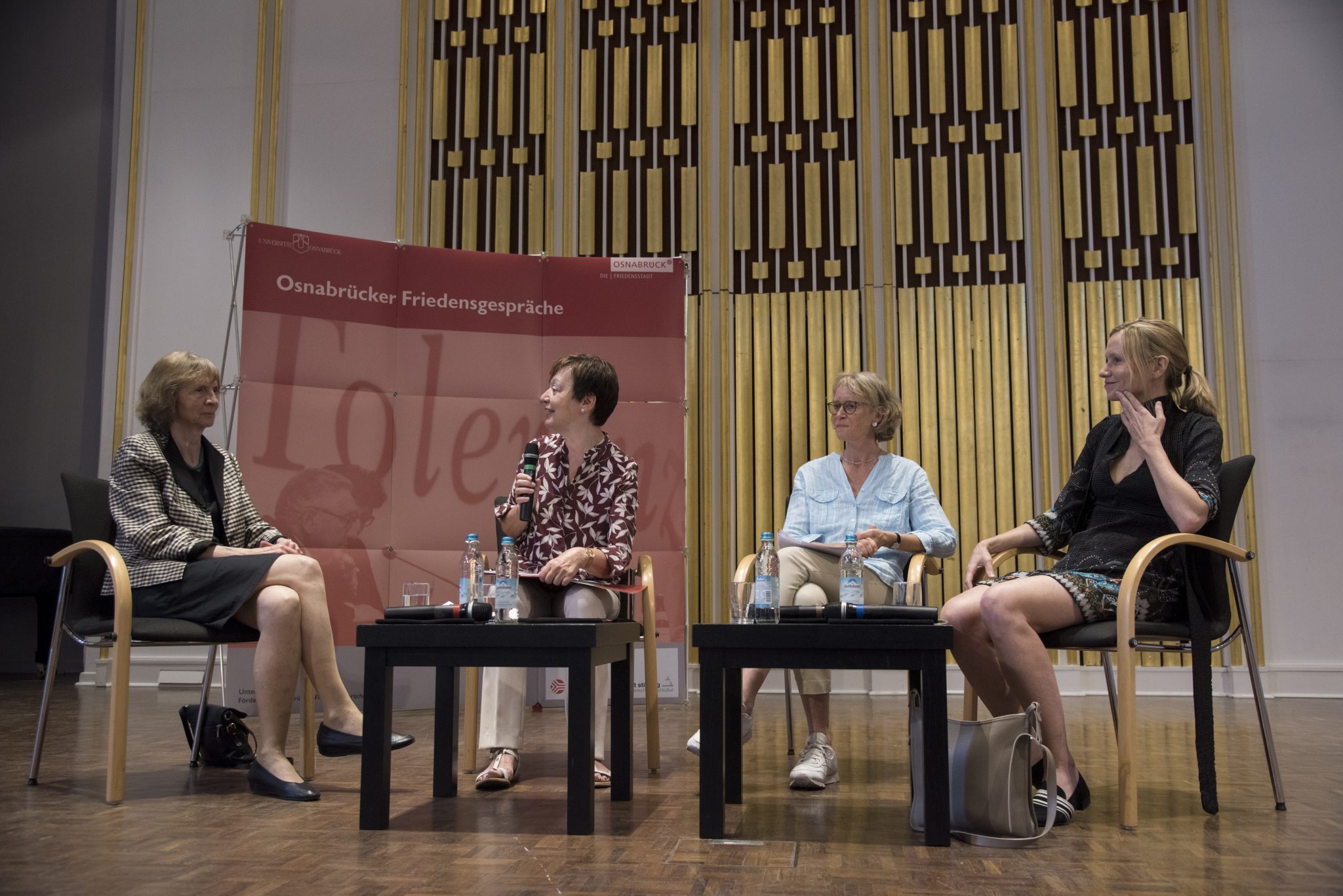Panel discussion with

Prof. Dr. Dr. Aleida Assmann
Literary and cultural scientist, University of Konstanz

Dr. Vera Kattermann
Psychoanalyst and psychotherapist, Berlin

Géraldine Schwarz
Journalist, author and documentary filmmaker
Moderation
Prof. Dr. Martina Blasberg-Kuhnke, Osnabrück University
Perpetual oblivion and amnesty (“oblivio perpetua et amnestia”) – these two universal formulas formed the basis of the Peace of Westphalia, which ended the Thirty Years’ War in 1648. In view of the significance of this historic peace, the question of its applicability to today’s conflicts is raised time and again. On the other hand, there is the culture of remembrance and commemoration that was established in the 20th century.
Can there be different ways of remembering and forgetting as models for a just culture of peace and what is the relationship between the concepts? What do we need in the face of new challenges in an increasingly globalized and digital world?
As part of the peace talk, the different perspectives on the fundamental approach to the culture of remembrance and reconciliation were discussed and the arc was drawn from historical models to current challenges. The Peace of Westphalia with its approach of the right to forget for a radical new beginning was contrasted with other models of painful remembrance, as is the case in dealing with the Holocaust and was practiced by the Truth Commission in South Africa. The cultural-scientific historical dimension and the role of religions were taken into account, as was the individual perspective of coming to terms with traumatic experiences, but also the need to develop resources for a new beginning.
Juni 15, 2023, University Auditorium, 6 pm, Neuer Graben 29/Schloss
Picture gallery
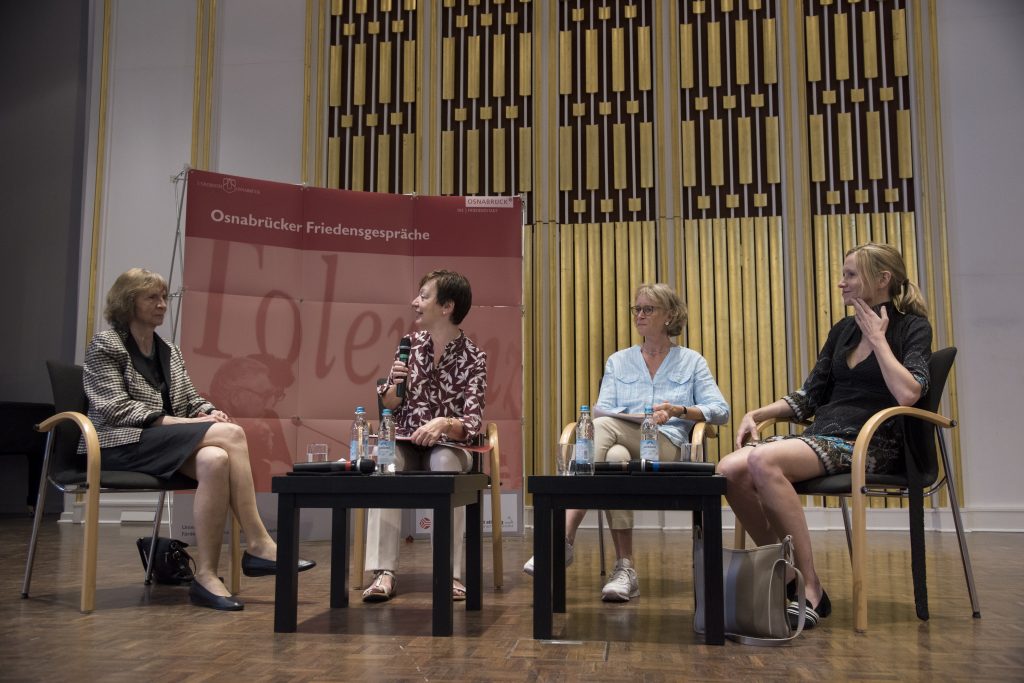
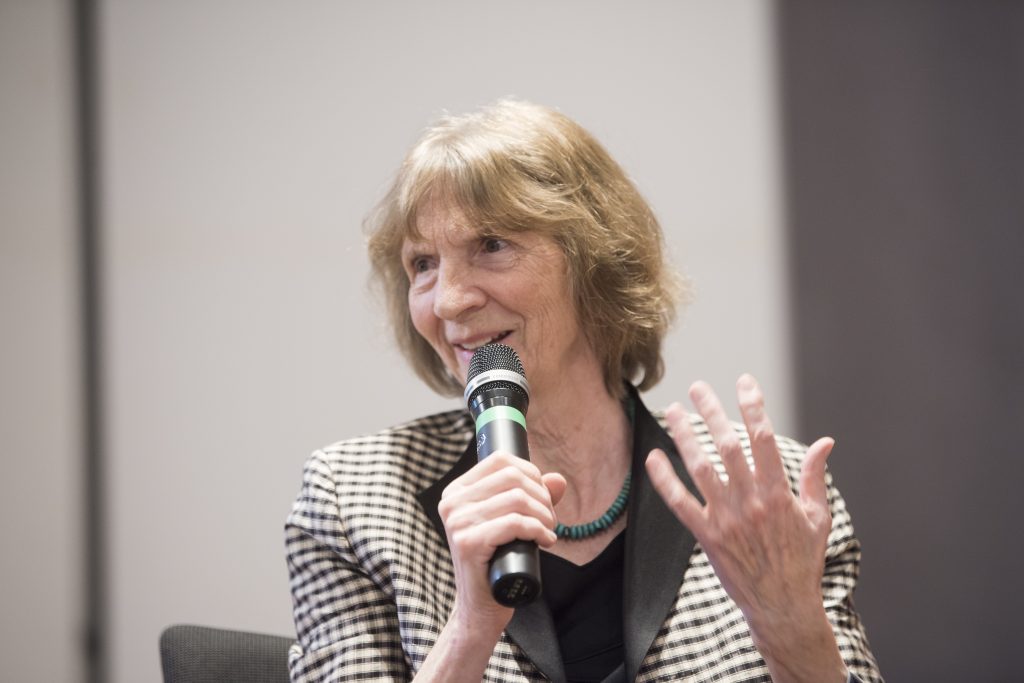
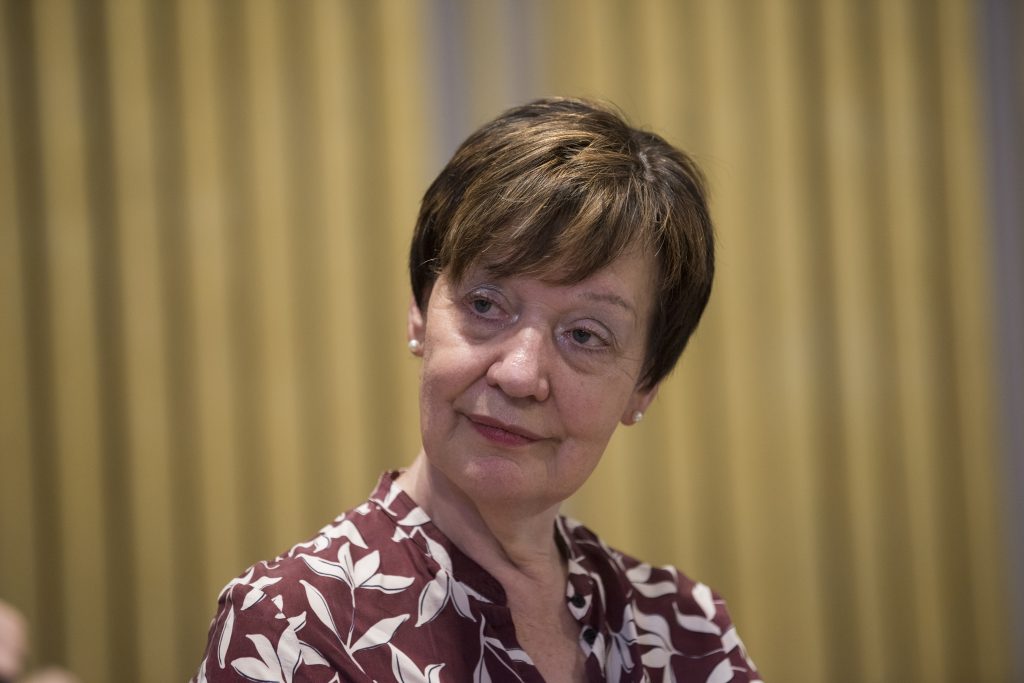
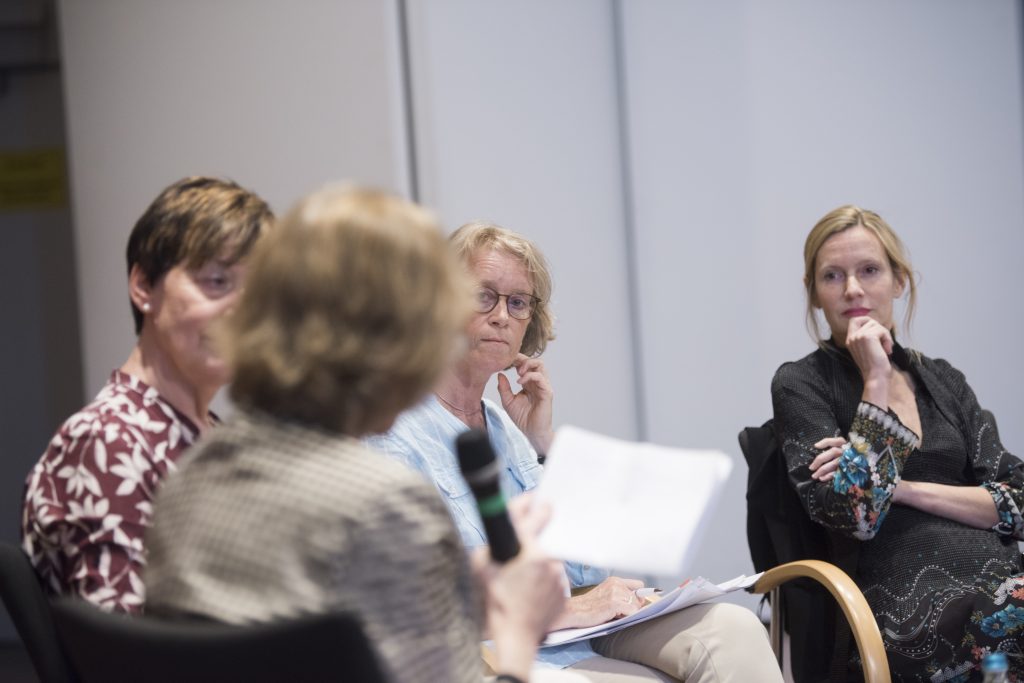
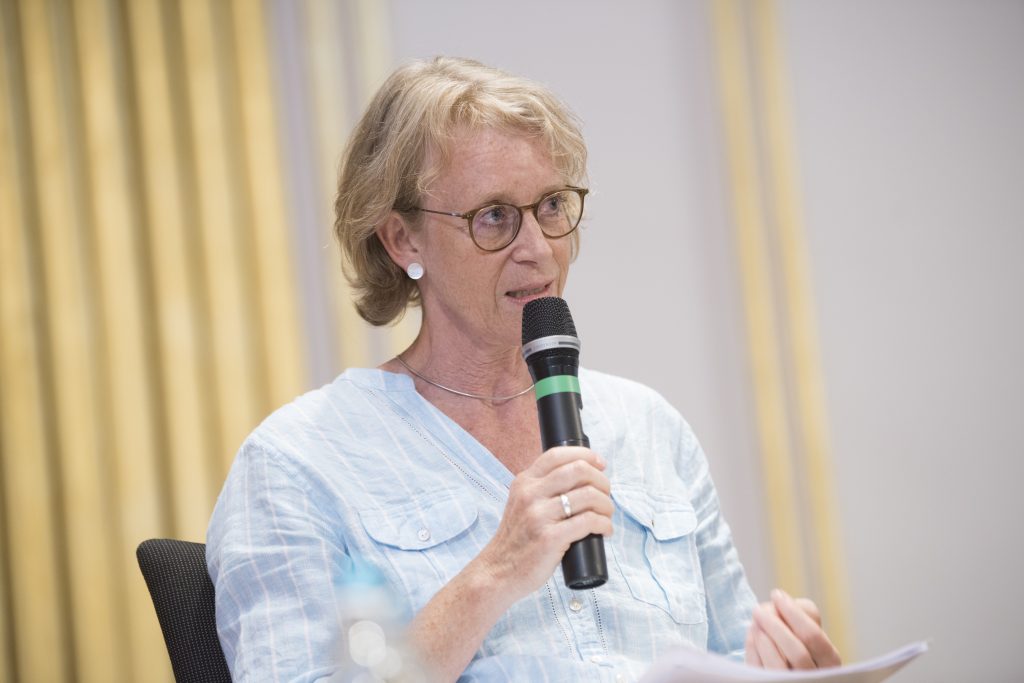
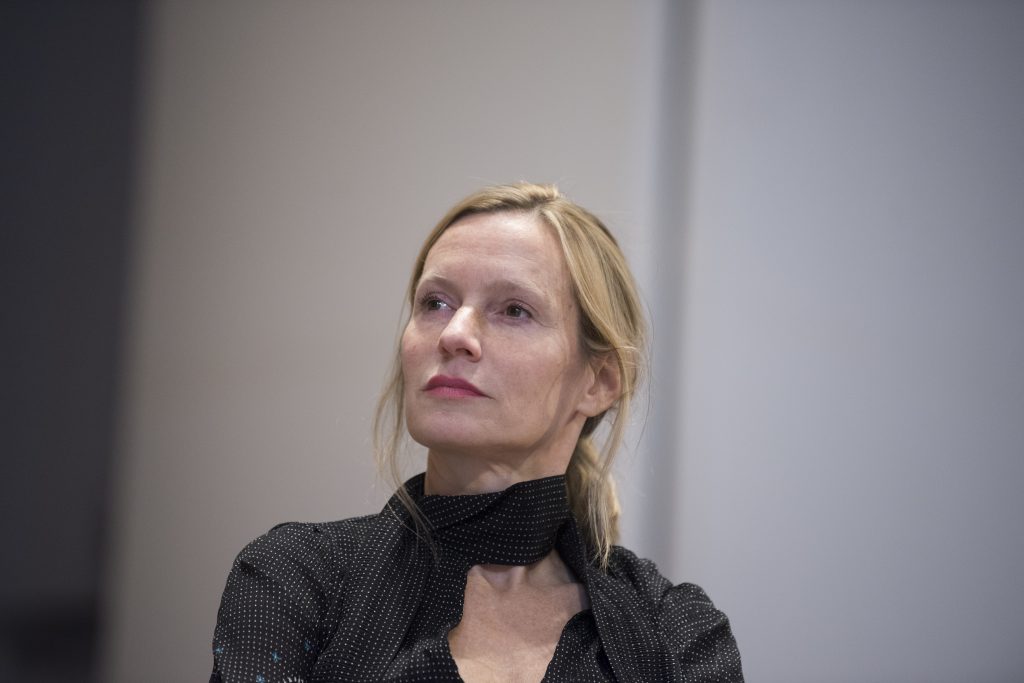
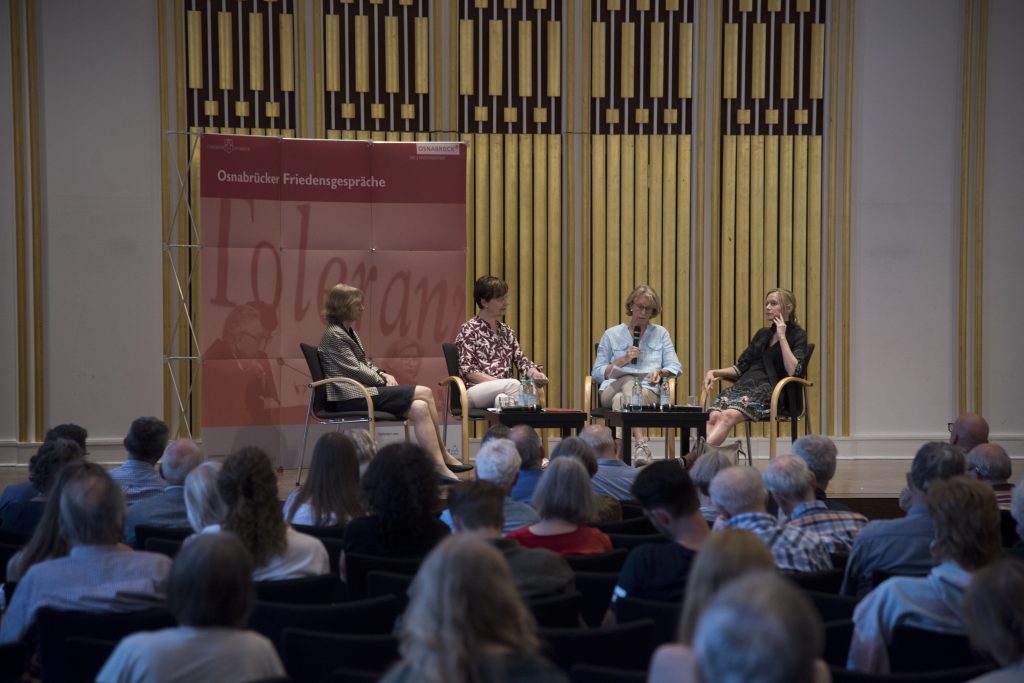
Video recordings
Bitte beachten Sie unsere Datenschutzerklärung. Wenn Sie das Video abspielen, werden Daten an YouTube gesendet.

